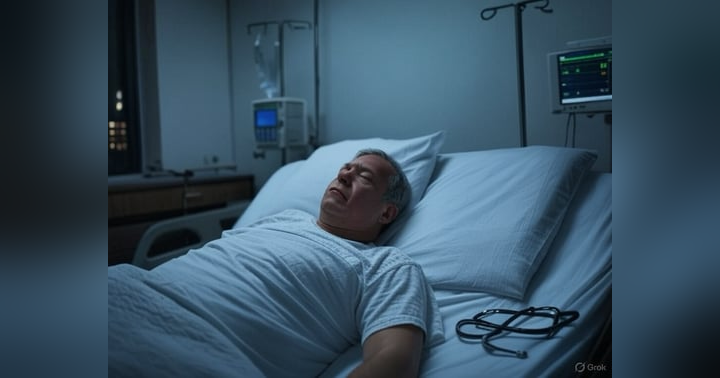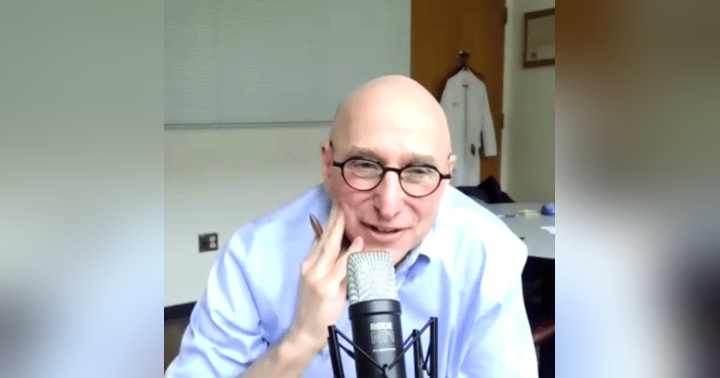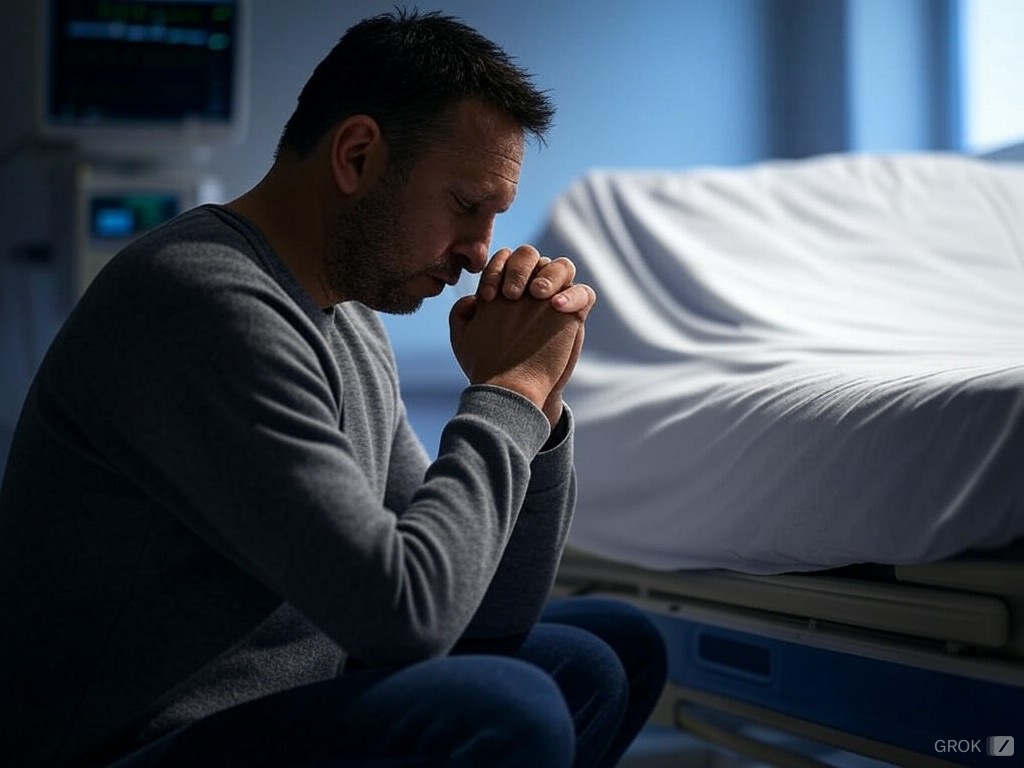Faith in the ICU: Doctors Should Not Shy Away

Critical illness is the scariest moment in someone’s life. All of the sudden, frequently without warning, a person can go from normal to fighting for their very survival. Combating this type of illness is the honor of a lifetime for me, and it is why I became a Critical Care physician.
When patients are combating this illness – and their families are watching with fear and anxiety – they frequently turn to faith. The realm of the ICU is frequently a realm of deep faith.
Clinicians caring for critically ill patients should not shy away from this faith.
I am a man of deep faith; I try to live a life of religious devotion as best I can every single day. Thus, when patients or their families tell me, “We believe in God,” I will frequently reply to them, “So do I.”
This does not mean that I would ever impose my religious beliefs on my patients. Far from it. To me, this is not only unacceptable, but it is also unconscionable. Clinicians should never, ever impose their religious beliefs on their patients.
At the same time, if clinicians are comfortable navigating the sphere of faith, they should embrace it. It only enhances their skills and their ability to care for their patients. In fact, I see nothing wrong with a physician praying for their patients at the time of their death or praying with the family, so long as the patient and family agrees. In fact, I wrote a prayer in the form of a poem for those who donate their organs, and I read it every chance I get.
Commenting on my Linkedin post promoting my podcast episode on this subject (linked below), Dr. Marc Schiffman wrote:
“Important issue...how dare we not ensure that our patient's religious needs are provided for..we don't provide for the most basic and fundamental needs for some families, yet we still demand trust. Several religions have end of life prayers and requirements, and the ability to administer them even in urgent settings is important to the healing process. We should embrace our patients faiths, and do our best to respect them. Showing patients respect for their faith should be the norm.”
Couldn’t agree more. If we are to be healers of the whole person, we should not shy away from something important to so many of them: religious faith and spirituality.








